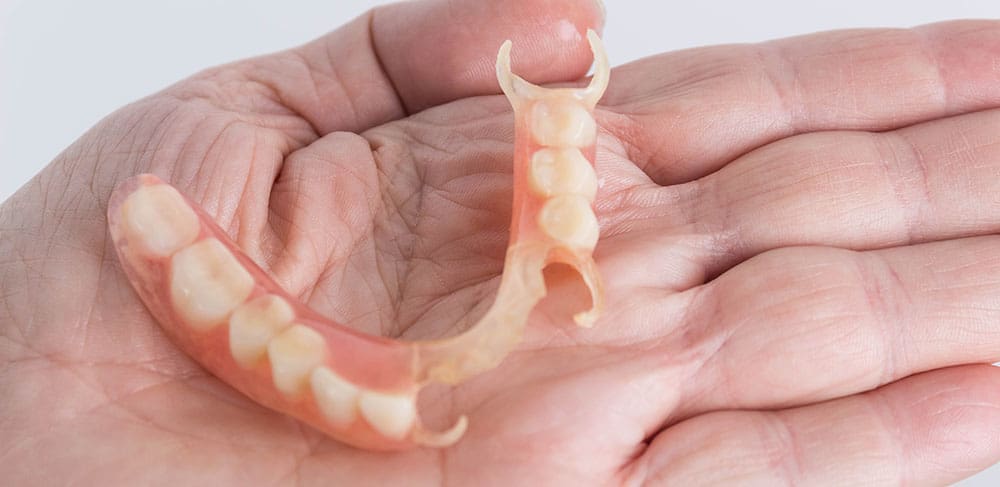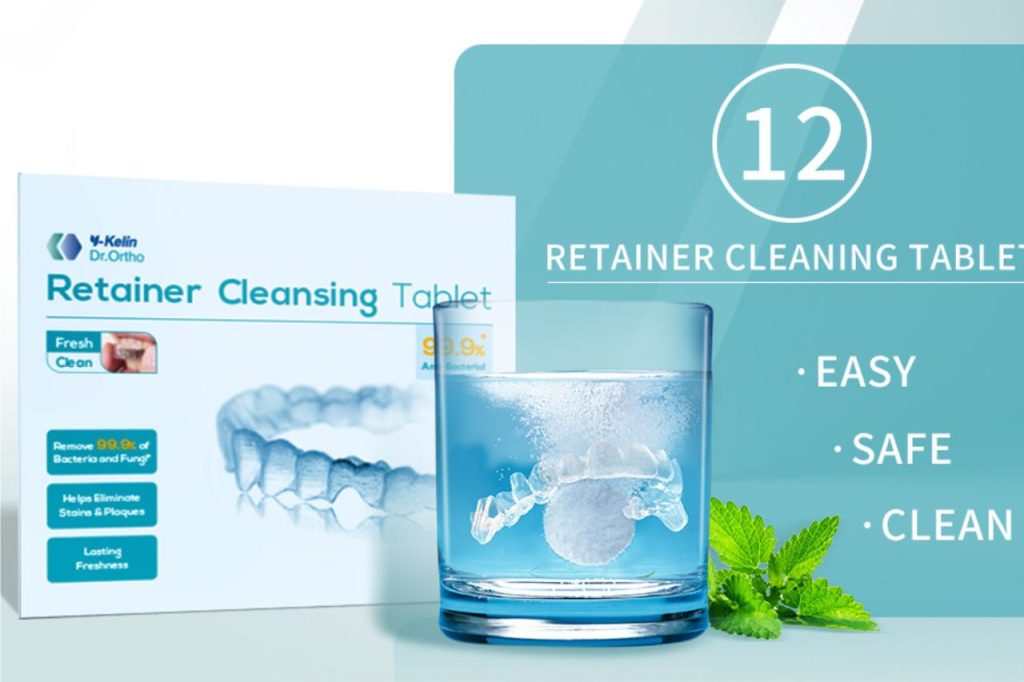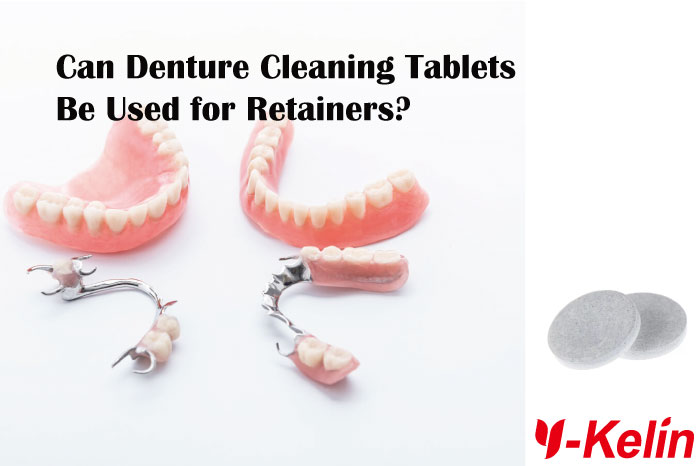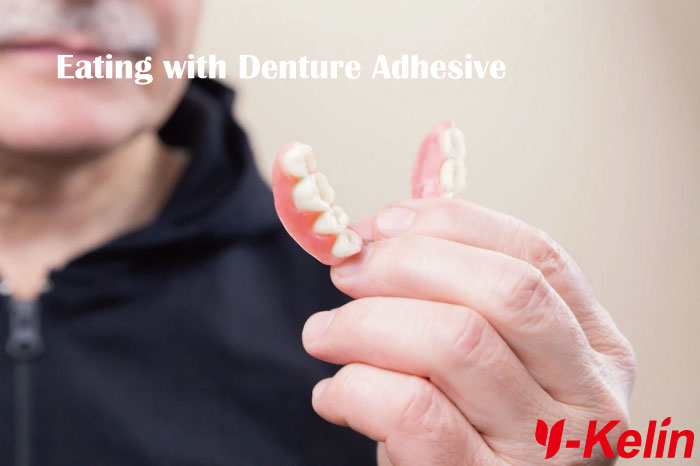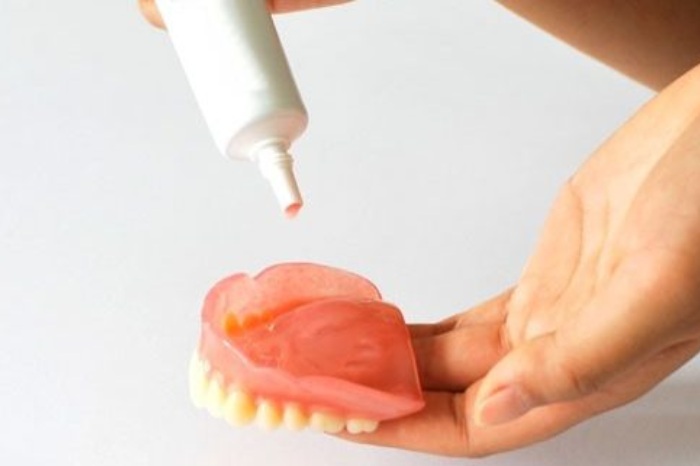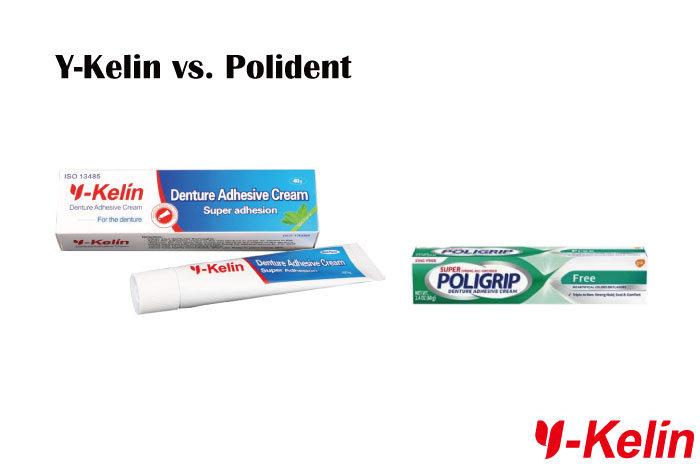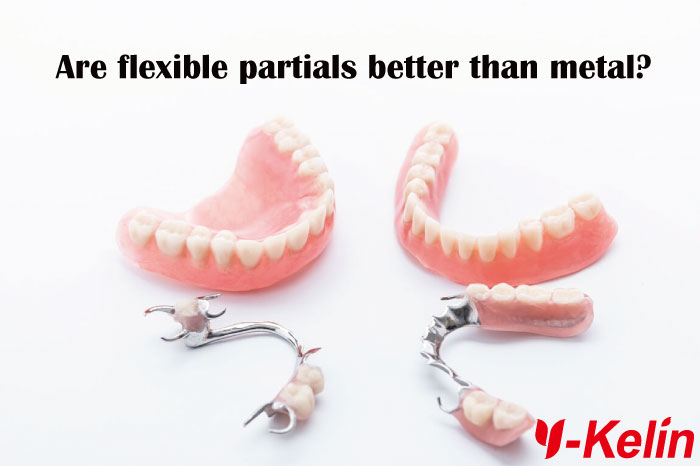
Are flexible partials better than metal?
Published On:
Flexible and metal partial dentures each have their strengths and weaknesses. Choosing the right one depends on your needs, lifestyle, and comfort preferences. Let’s explore both options to help you make an informed choice.
Flexible partial dentures are often more comfortable and aesthetic, while metal partials offer better durability and stability. The best option depends on individual priorities such as appearance, longevity, and cost.
Many people struggle to decide which type of denture is better for them. In this article, I’ll break down the key differences, benefits, and limitations of both flexible and metal partials to help you choose the right one.
Are flexible partials better than metal?
What are flexible partial dentures?
Flexible partial dentures are made from a lightweight, bendable material that fits comfortably in the mouth. They are designed to be more comfortable and aesthetically pleasing compared to traditional options.
Flexible partial dentures are removable dental appliances made from soft, pliable materials like nylon. They provide a comfortable fit, blend well with natural teeth, and do not require metal clasps.
Advantages of Flexible Partial Dentures
| Feature | Benefit |
|---|---|
| Comfort | Soft and flexible, reducing pressure |
| Aesthetics | Natural appearance, no metal parts |
| Adaptability | Fits well around existing teeth |
Disadvantages of Flexible Partial Dentures
| Feature | Drawback |
|---|---|
| Durability | Less resistant to wear over time |
| Repairs | Difficult to fix if damaged |
| Cost | More expensive than metal alternatives |
Flexible partial dentures are a great choice for those looking for comfort and aesthetics. However, their durability and repair challenges should be considered before making a decision.
The pros and cons of flexible dentures
Flexible dentures have unique advantages and some drawbacks that need consideration.
Flexible dentures are comfortable, lightweight, and natural-looking, but they can be expensive and harder to repair compared to metal options.
Pros of Flexible Dentures
- Comfortable Fit: They adjust easily to the shape of your mouth.
- Aesthetic Appeal: No visible metal parts, making them blend well.
- Hypoallergenic: Suitable for people with metal allergies.
Cons of Flexible Dentures
- Higher Cost: They are more expensive than traditional metal partials.
- Difficult Repairs: If they break, fixing them can be challenging.
- Limited Durability: They may wear out faster than metal partials.
Understanding these pros and cons can help you decide if flexible dentures fit your lifestyle and budget.
What are the metal partial dentures?
Metal partial dentures are made with a rigid framework, typically using cobalt-chromium or other durable alloys. They provide excellent strength and stability.
Metal partial dentures are strong, long-lasting, and provide a secure fit. They use a metal framework to hold artificial teeth in place, offering durability and functionality.
Benefits of Metal Partial Dentures
| Feature | Benefit |
|---|---|
| Strength | Can withstand chewing forces |
| Longevity | Lasts longer than flexible options |
| Stability | Provides a secure fit |
Drawbacks of Metal Partial Dentures
| Feature | Drawback |
|---|---|
| Aesthetics | Visible metal parts |
| Comfort | Can feel rigid and bulky |
| Cost | Generally cheaper than flexible dentures |
Metal partial dentures are ideal for those looking for long-term durability and a secure fit, but they may not be as visually appealing or comfortable as flexible options.
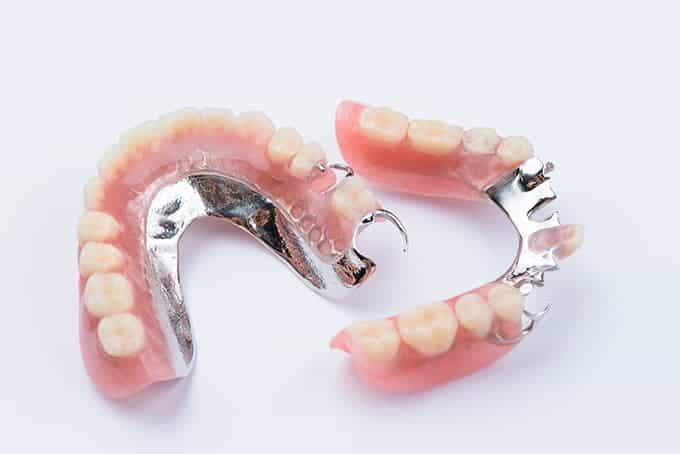
What is the most comfortable type of partial denture?
Comfort is key when wearing dentures every day, and finding the right type can make a big difference.
Flexible partial dentures are generally considered the most comfortable because they adapt to the shape of the mouth and do not have rigid metal components.
Different factors influence the comfort of partial dentures, such as:
- Material flexibility: Flexible dentures move with the mouth’s natural motion.
- Fit and grip: They fit snugly without metal clasps, reducing irritation.
- Weight: Being lightweight makes them easier to wear for long periods.
If comfort is your top priority, flexible dentures might be the better option.
How long do flexible partials last?
Durability is an important factor when choosing dentures, as they need to withstand daily use.
Flexible partials typically last between 5 to 8 years with proper care, but they may wear out sooner if not maintained correctly.
Factors that affect their lifespan include:
- Daily maintenance habits such as regular cleaning and storage.
- Eating habits, as avoiding hard foods can prolong their life.
- Material quality, since higher quality materials tend to last longer.
Regular check-ups with a dentist can help extend their lifespan.
What is the best material for a partial denture?
Choosing the right material can impact both comfort and durability.
Acrylic and metal are the most common materials, with metal offering strength and acrylic providing flexibility and aesthetics.
Comparing different materials:
- Acrylic: Lightweight and affordable but less durable.
- Metal: Strong and long-lasting but more expensive and visible.
- Flexible: Comfortable and natural-looking but harder to adjust and maintain.
Your choice should be based on personal needs and lifestyle.
Can you eat with flexible dentures?
Eating is an important part of daily life, and it’s essential to know how well dentures handle it.
Yes, you can eat with flexible dentures, but it’s best to avoid very hard or sticky foods to prevent damage.
To eat comfortably with flexible dentures:
- Start with soft foods and gradually introduce harder items.
- Cut food into smaller pieces to ease chewing.
- Avoid sticky foods that could dislodge the dentures.
With proper care, eating with flexible dentures can be manageable.
Are metal partials more expensive?
Cost is a major consideration when choosing dentures.
Yes, metal partials are usually more expensive than flexible dentures due to the cost of materials and manufacturing.
Flexible dentures tend to be a more budget-friendly option, while metal ones provide long-term value due to their durability.
Can you eat with metal partials?
Many people wonder if eating with metal partials is comfortable and practical.
Yes, you can eat with metal partials, and they provide strong support, making it easier to chew tougher foods compared to flexible dentures.
Metal dentures offer better bite force and durability, but it is still recommended to avoid very sticky or hard foods to prevent damage.
What is the most affordable partial denture?
For those on a budget, finding an affordable option is crucial.
Acrylic partial dentures are generally the most affordable option, providing a balance of comfort and cost-effectiveness.
Although acrylic dentures are cheaper, they may not last as long as metal or flexible options.
Do flexible dentures fall out?
A common concern with flexible dentures is whether they stay securely in place.
Flexible dentures are designed to fit snugly, but improper fit or wear over time may cause them to loosen.
Regular dental visits can ensure a good fit and prevent issues.
How much is a full set of flexible dentures?
Cost is an important factor for many people considering flexible dentures.
A full set of flexible dentures can cost between $700 to $2,500, depending on the provider and customization needed.
Pricing can vary based on factors such as materials used and the complexity of the fit.
Which is better, flexible or metal denture?
Choosing between flexible and metal dentures depends on individual needs.
Flexible dentures are better for comfort and aesthetics, while metal dentures provide more durability and support.
The best choice depends on your priorities, whether it’s comfort, appearance, or longevity.
Can you sleep with flexible dentures?
Some people wonder if they can wear flexible dentures overnight.
It is not recommended to sleep with flexible dentures, as it can lead to gum irritation and plaque buildup.
Removing them at night allows the gums to rest and helps maintain oral hygiene.
Can you kiss with flexible dentures?
Social interactions are important, and people often wonder if dentures affect them.
Yes, you can kiss with flexible dentures, as they fit snugly and provide a natural feel in the mouth.
Being confident with well-fitted dentures can make social interactions more comfortable.
What are the limitations of flexible dentures?
Flexible dentures have their benefits, but they also have some limitations.
The main limitations include their lower durability compared to metal, difficulty in adjusting, and potential for staining over time.
Understanding these limitations helps in making the right choice.
Do flexible dentures cover the roof of the mouth?
Many people are concerned about how much of their mouth the dentures will cover.
Yes, some flexible dentures may cover part of the roof of the mouth, but they are designed to be less intrusive than traditional options.
This design helps provide a secure fit without causing discomfort.
Taking care of your flexible or metal partials
Proper care can extend the life of your dentures and keep them looking and feeling great.
To maintain your dentures, clean them daily, avoid harsh chemicals, and store them properly when not in use. Regular dental check-ups are also recommended.
Tips for Maintaining Partial Dentures
- Daily Cleaning: Use a soft-bristle brush and mild denture cleaner. Like Y-Kelin Denture Cleaner Tablets.
- Avoid Hot Water: It can warp flexible dentures.
- Storage: Keep them in a moist environment when not in use.
- Routine Check-ups: Regular visits to the dentist can help detect issues early.
Taking care of your dentures ensures they remain in good condition for years to come.
Conclusion
Choosing between flexible and metal partial dentures depends on your preferences for comfort, appearance, and durability. Evaluate your needs and consult your dentist to make the best decision.
Get in Touch with Y-Kelin
Have questions or need more information? Contact us today, and our dedicated team will assist you promptly.


Y-Kelin is a trusted manufacturer of high-quality denture care products, including denture cleaning tablets, adhesive creams, and retainer cleaning solutions, offering customized services for global partners.
